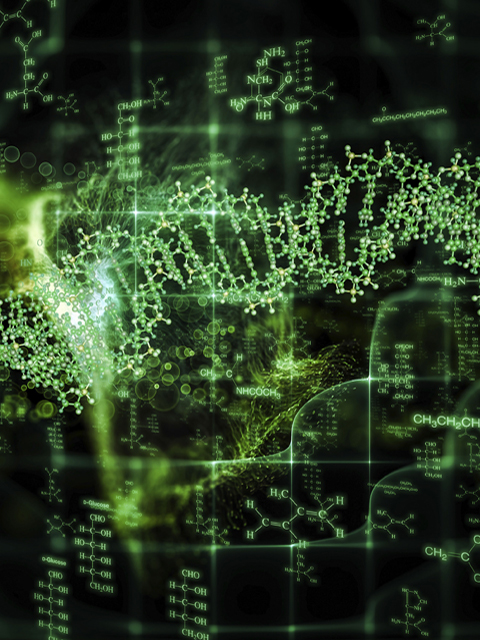
As humanity grapples with the environmental challenges of the modern world, scientists are increasingly turning to innovative solutions to combat pollution and restore ecological balance. One such solution lies in the realm of genetically modified bacteria, where cutting-edge advancements in genetic engineering hold tremendous potential for environmental remediation. By harnessing the power of these microorganisms, we can pave the way for a greener and more sustainable future. Genetically modified bacteria have emerged as a powerful tool in the realm of environmental remediation. These microorganisms, with their enhanced metabolic capabilities and engineered traits, offer innovative solutions for cleaning up oil spills, treating wastewater, mitigating air pollution, restoring degraded soils, and degrading plastic waste. As research in genetic engineering continues to advance, we must carefully evaluate the environmental, ethical, and regulatory implications surrounding the use of genetically modified bacteria. By striking a balance between scientific progress and responsible stewardship, we can harness the potential of these organisms to create a cleaner, healthier, and more sustainable planet for future generations.
Here at Markandeya Biotechnologies, we work on developing Genetically modified bacteria for helping environmental issues like plastic waste biodegradation, dye degradation, Air Pollution Mitigation, and wastewater treatment.